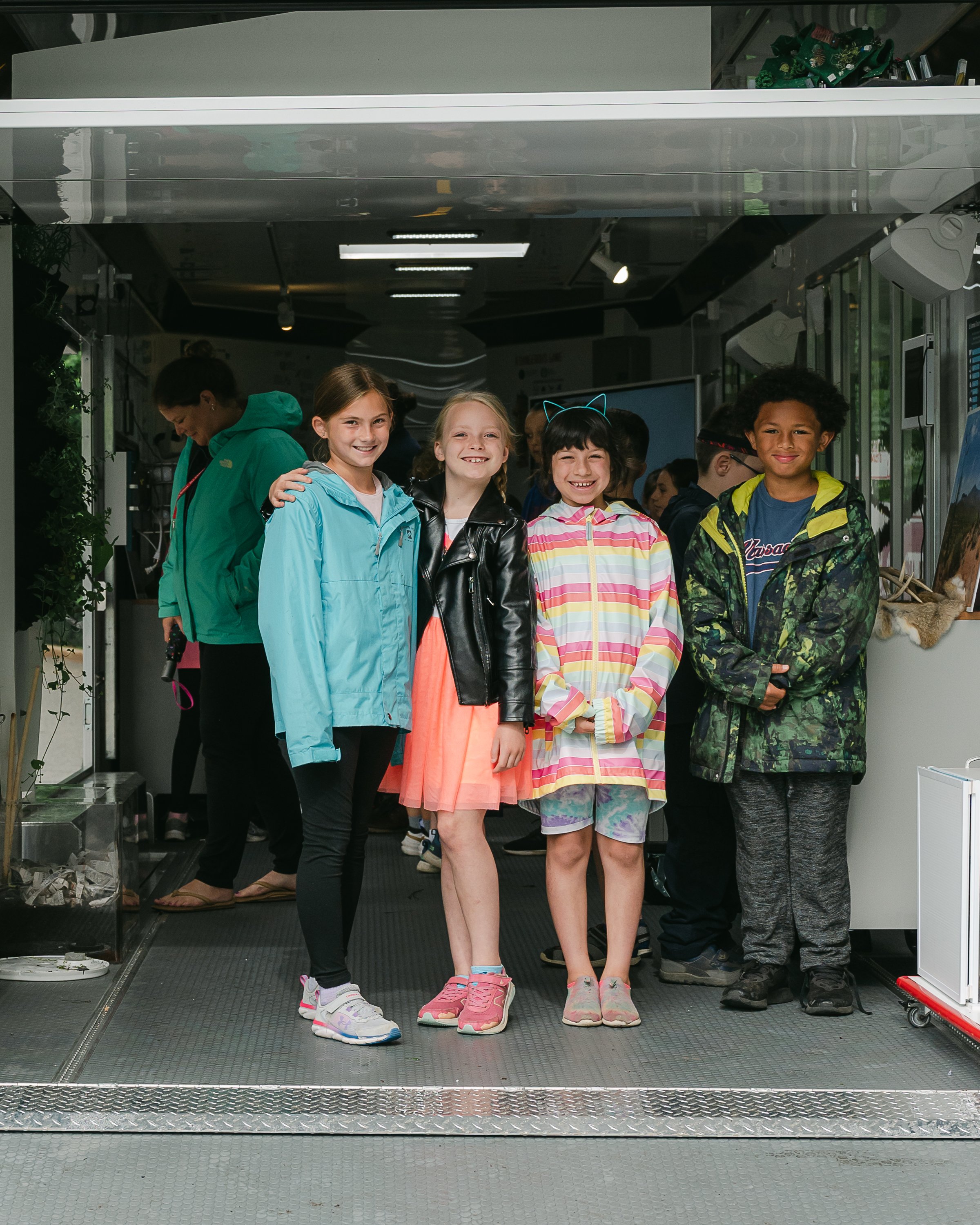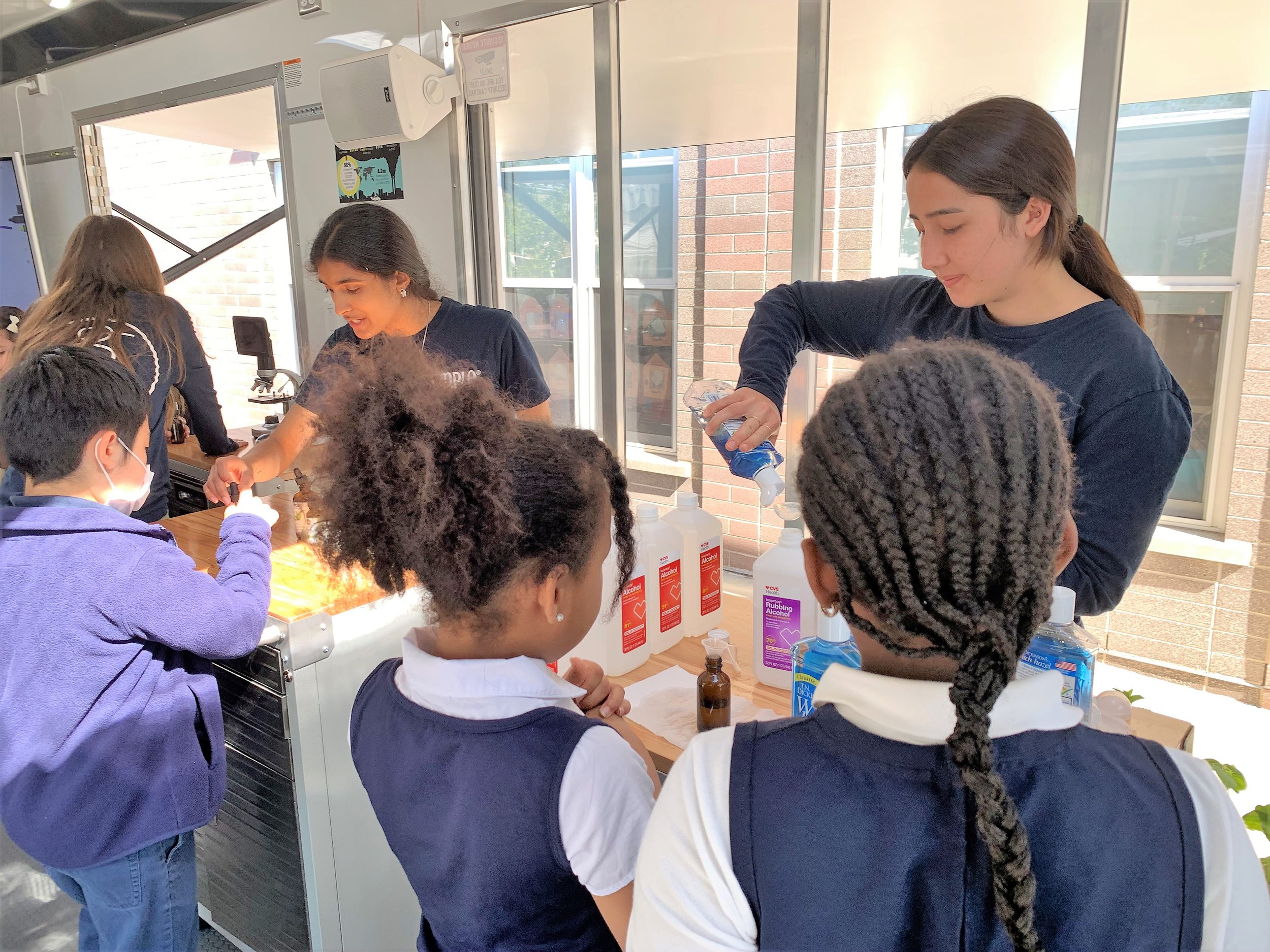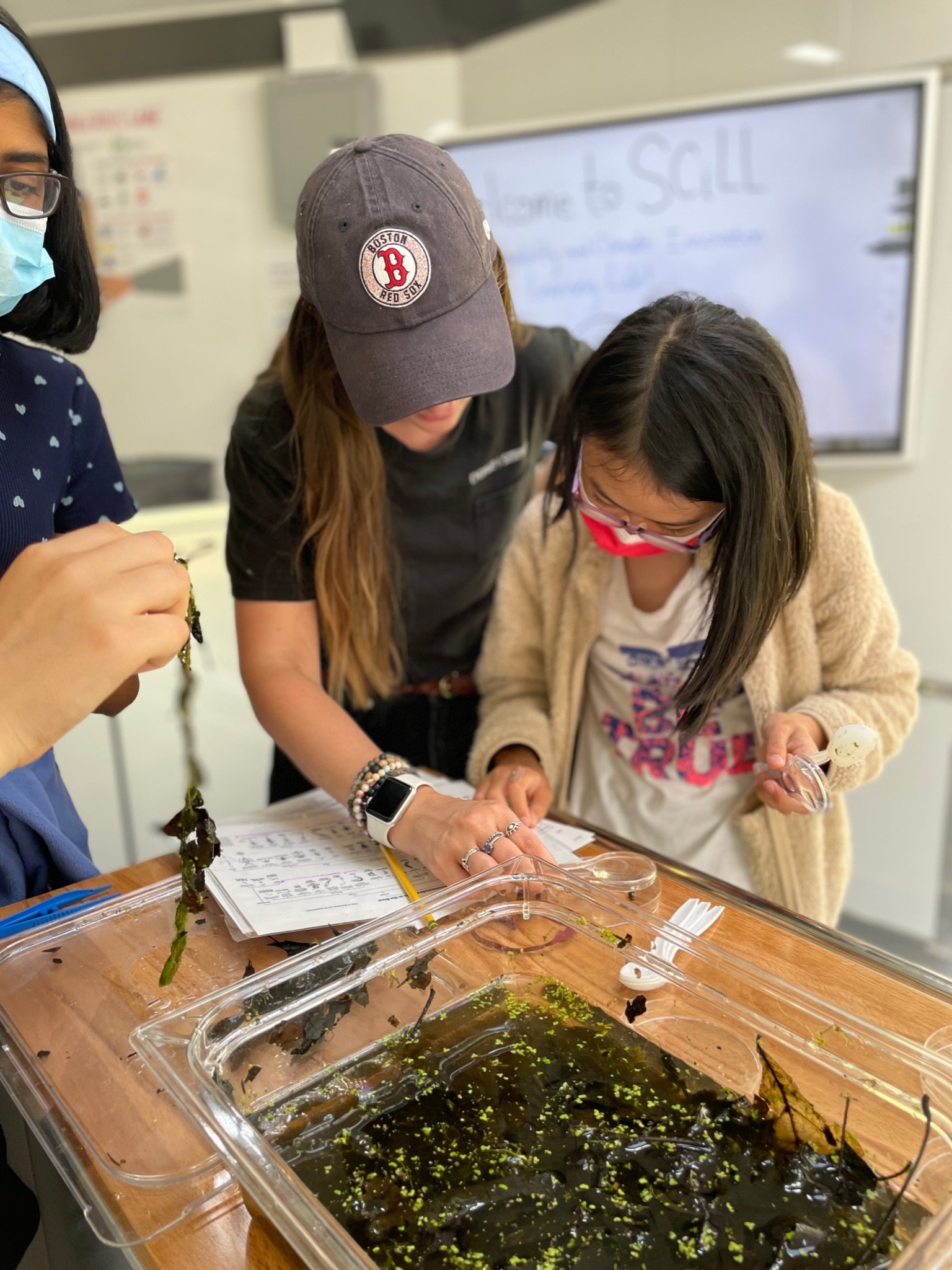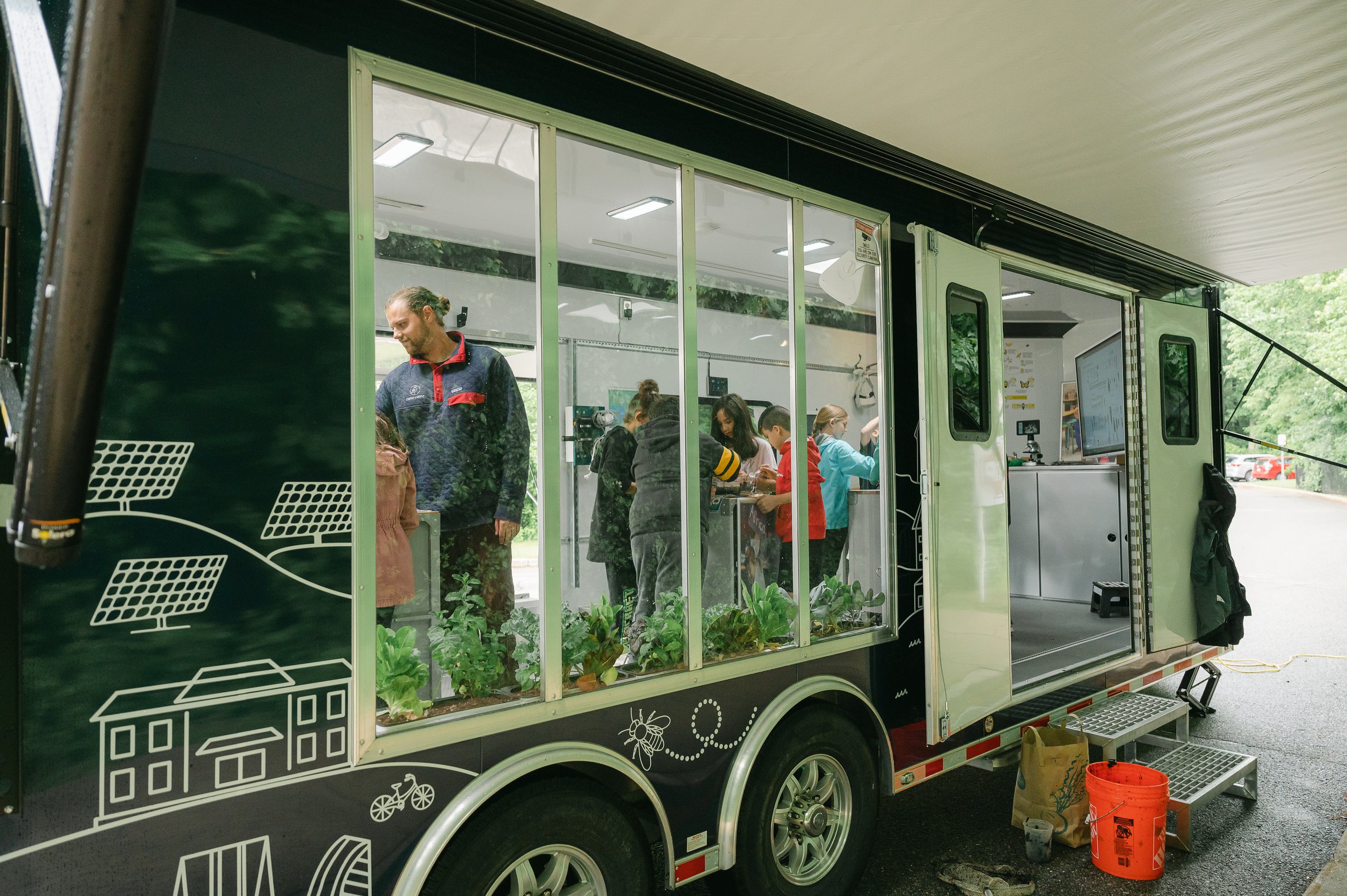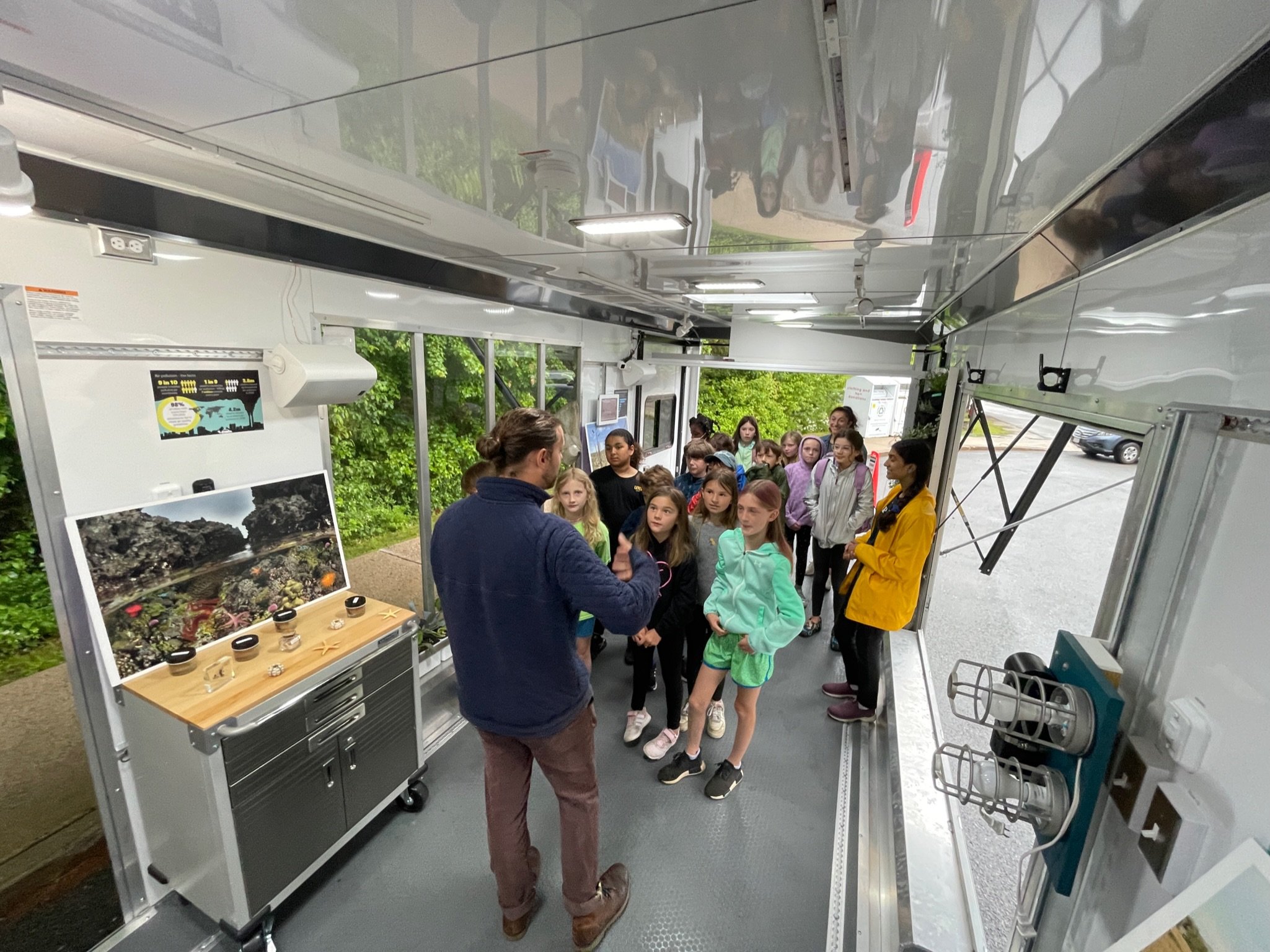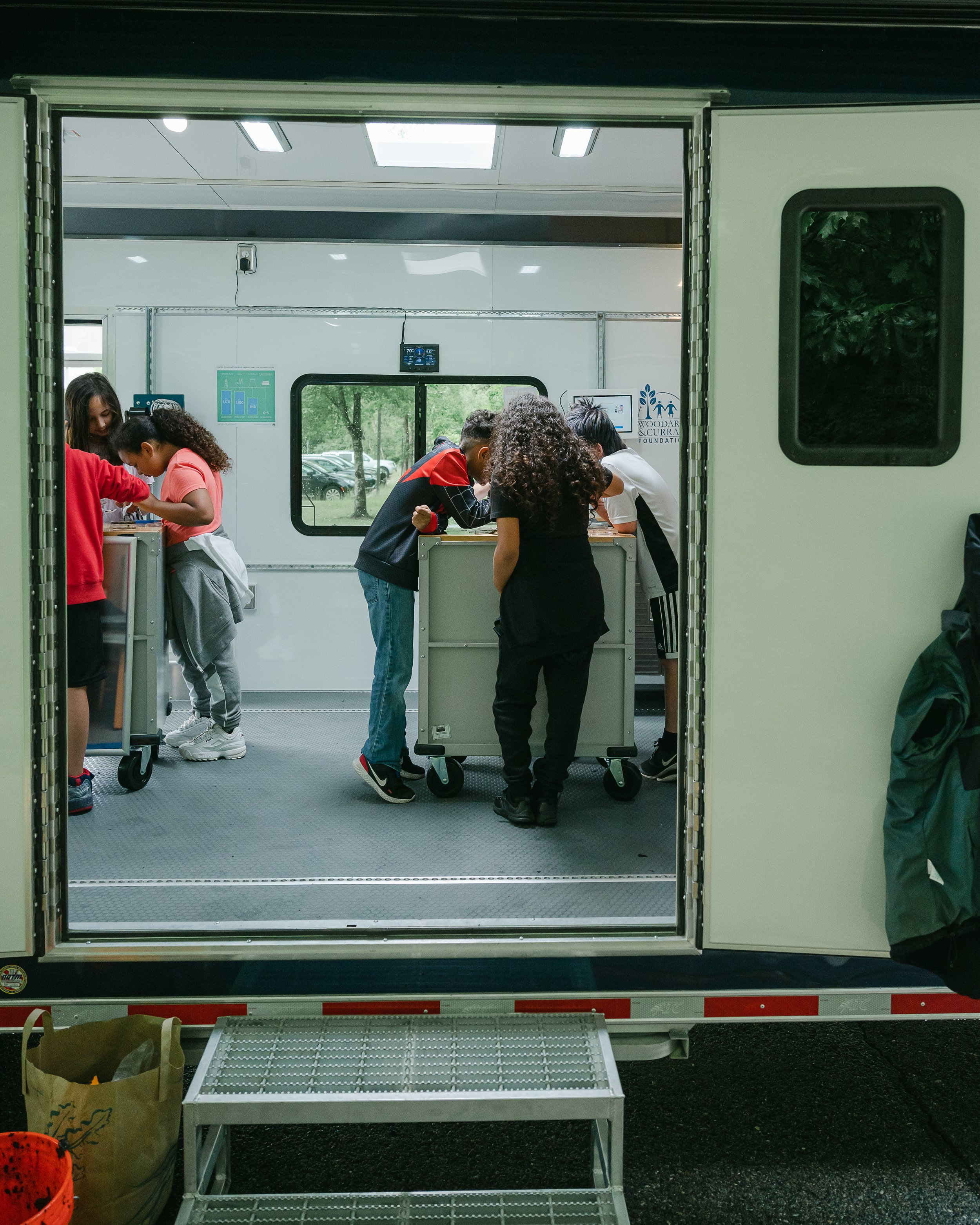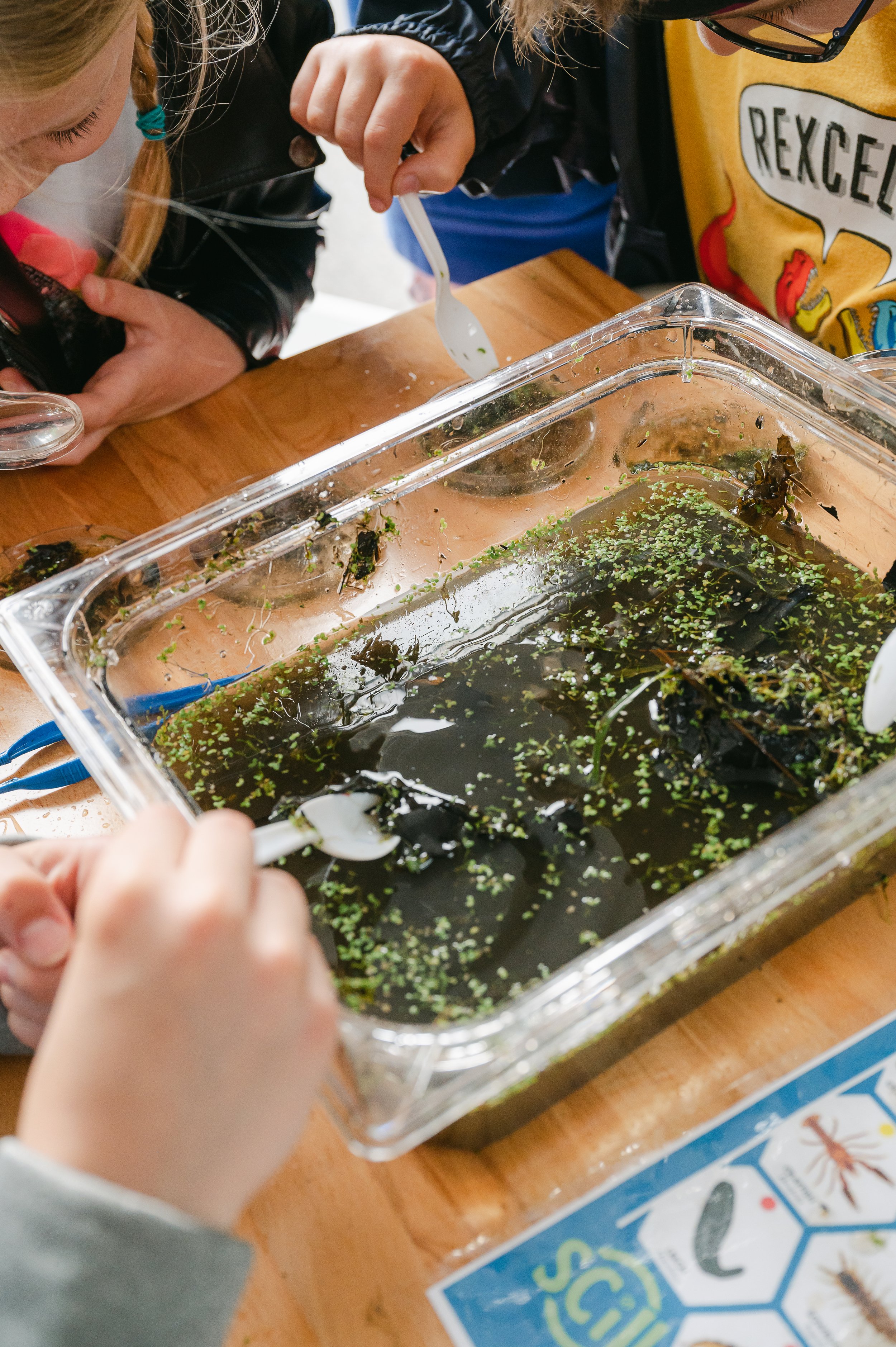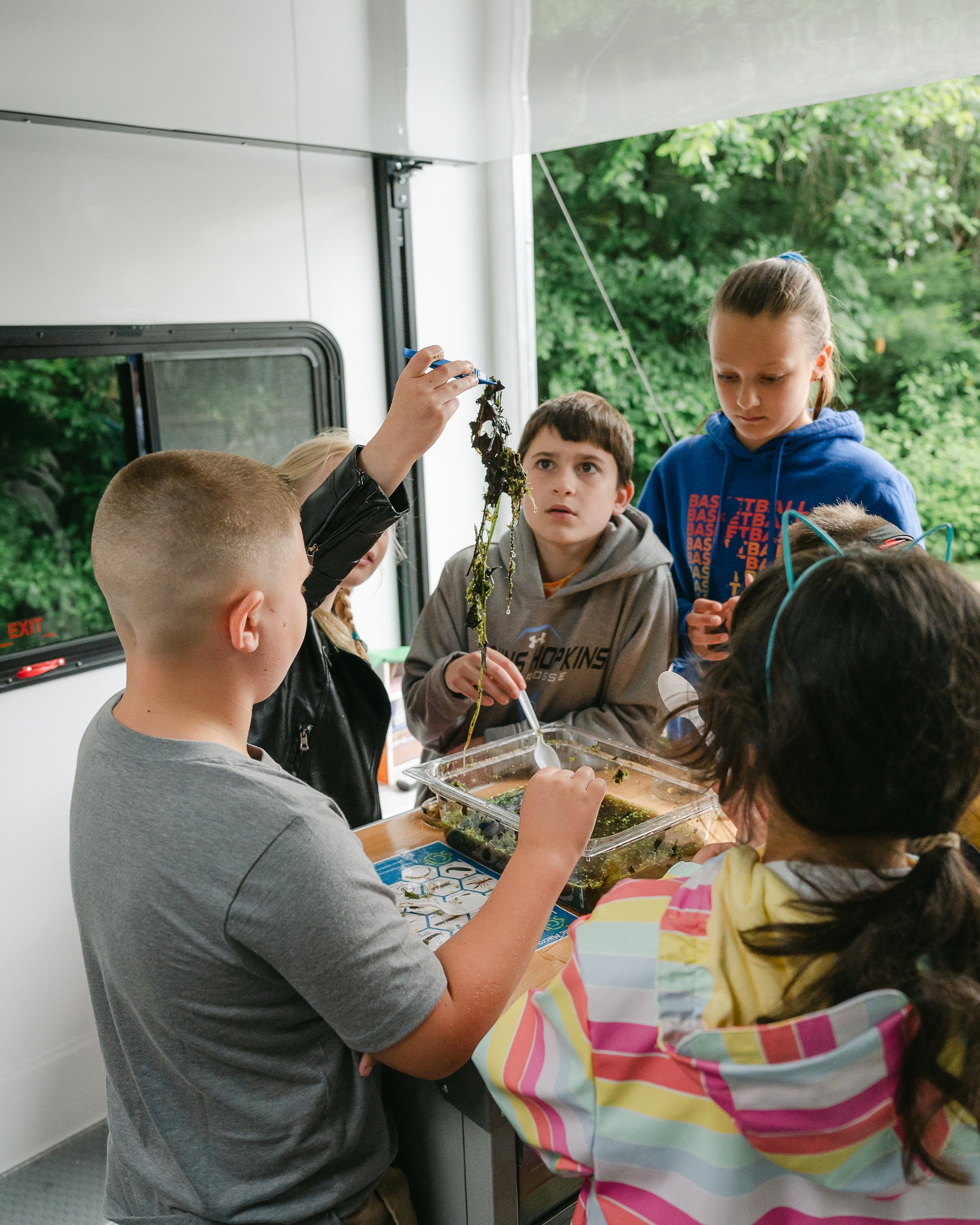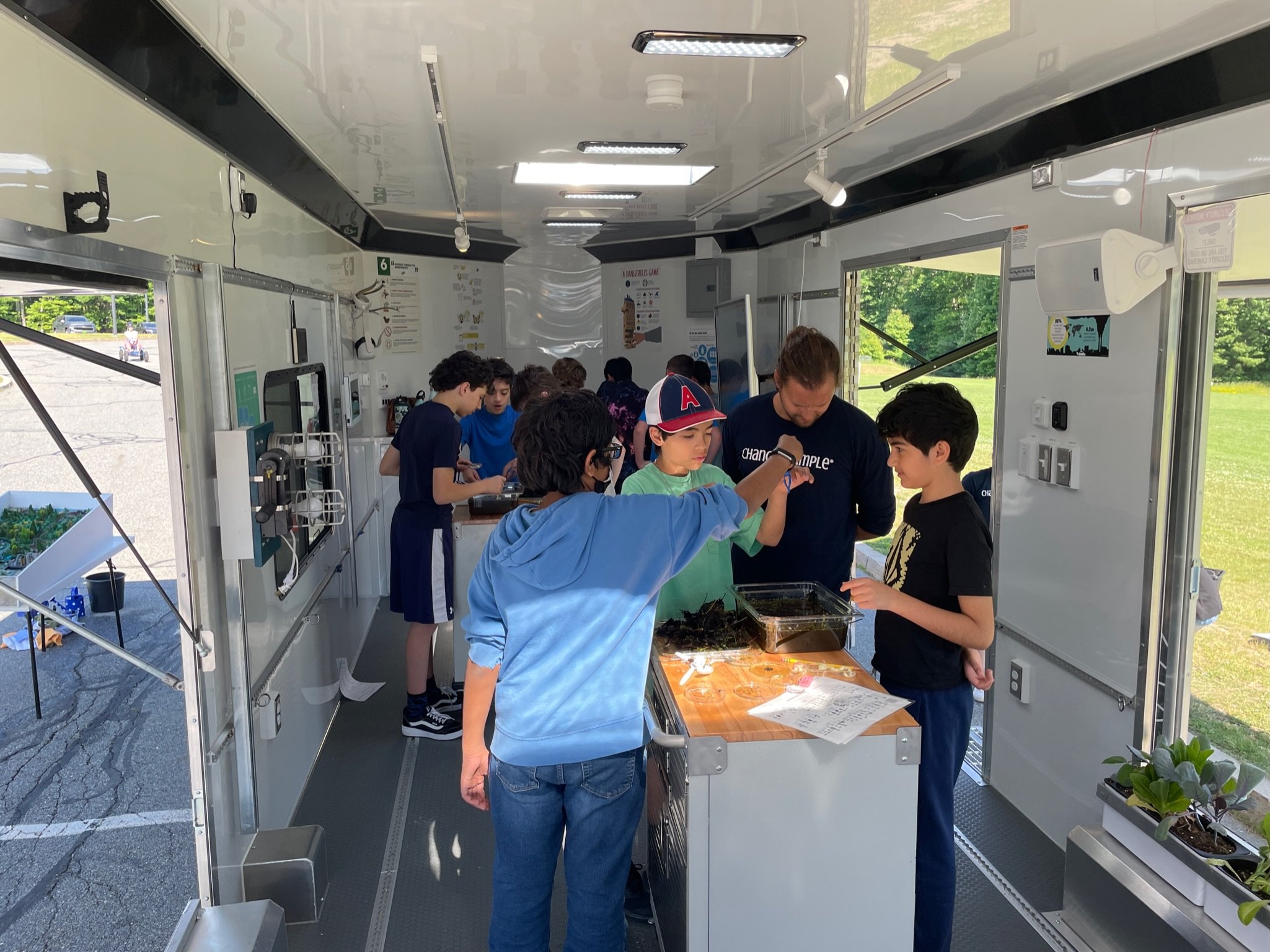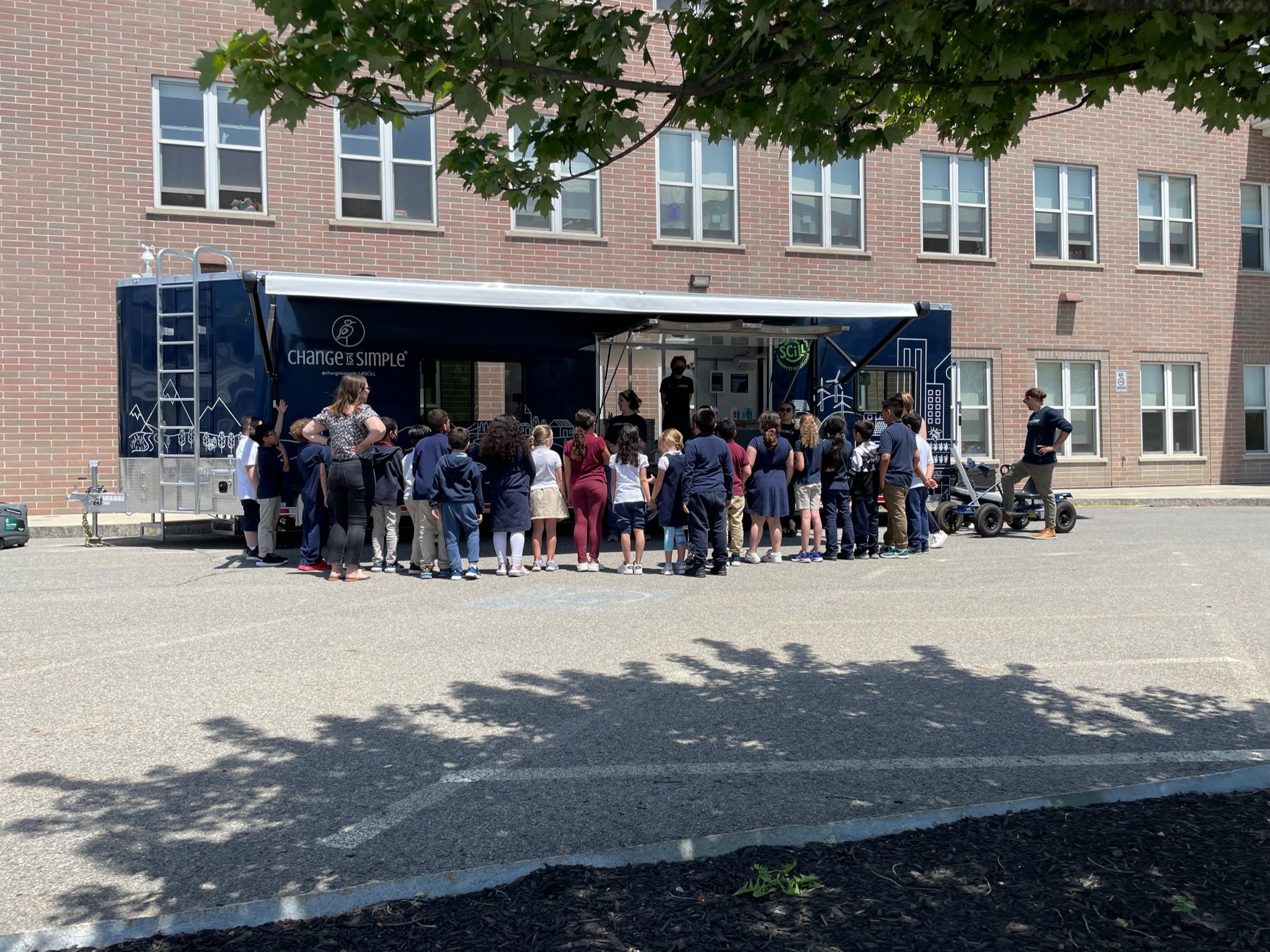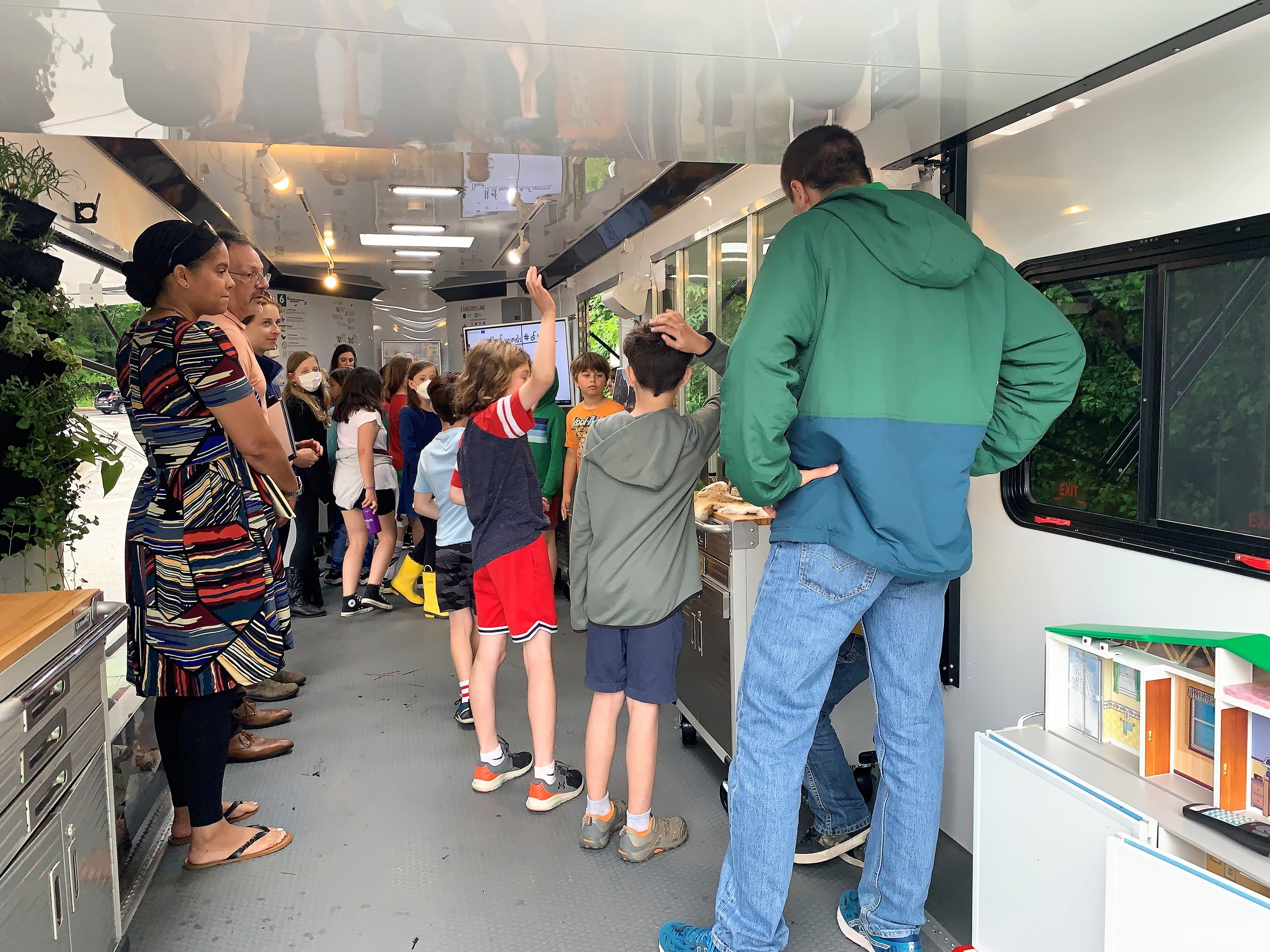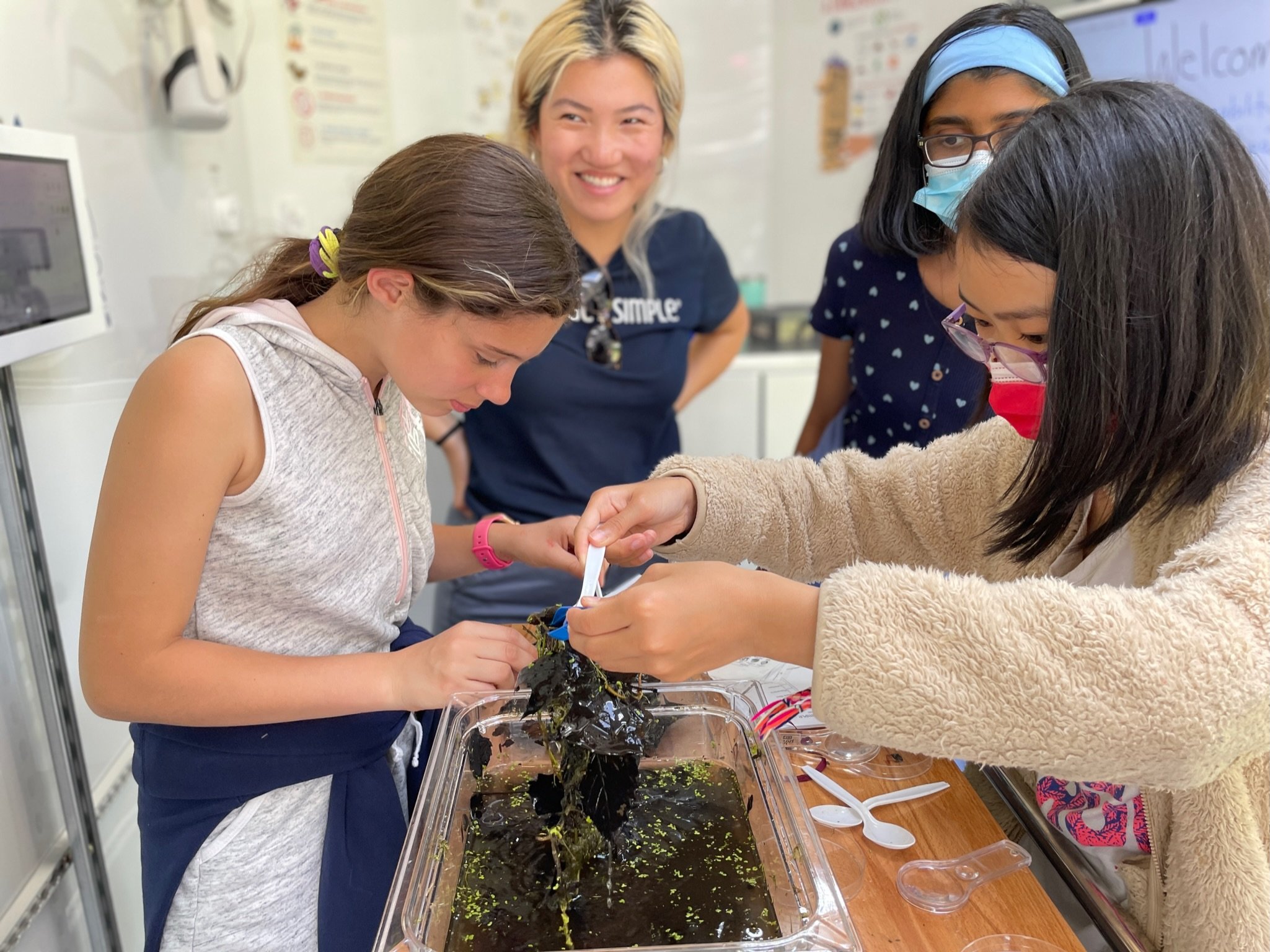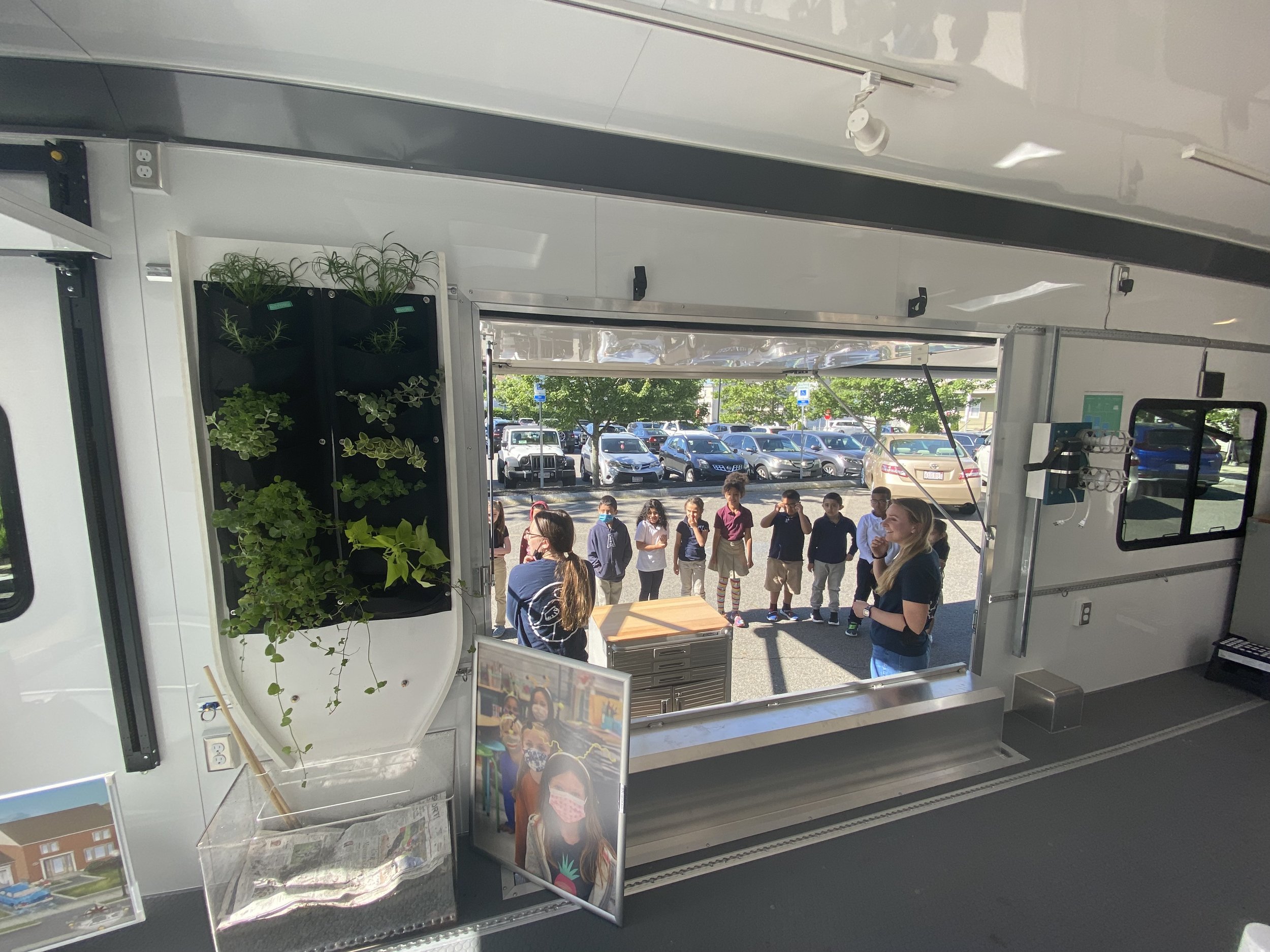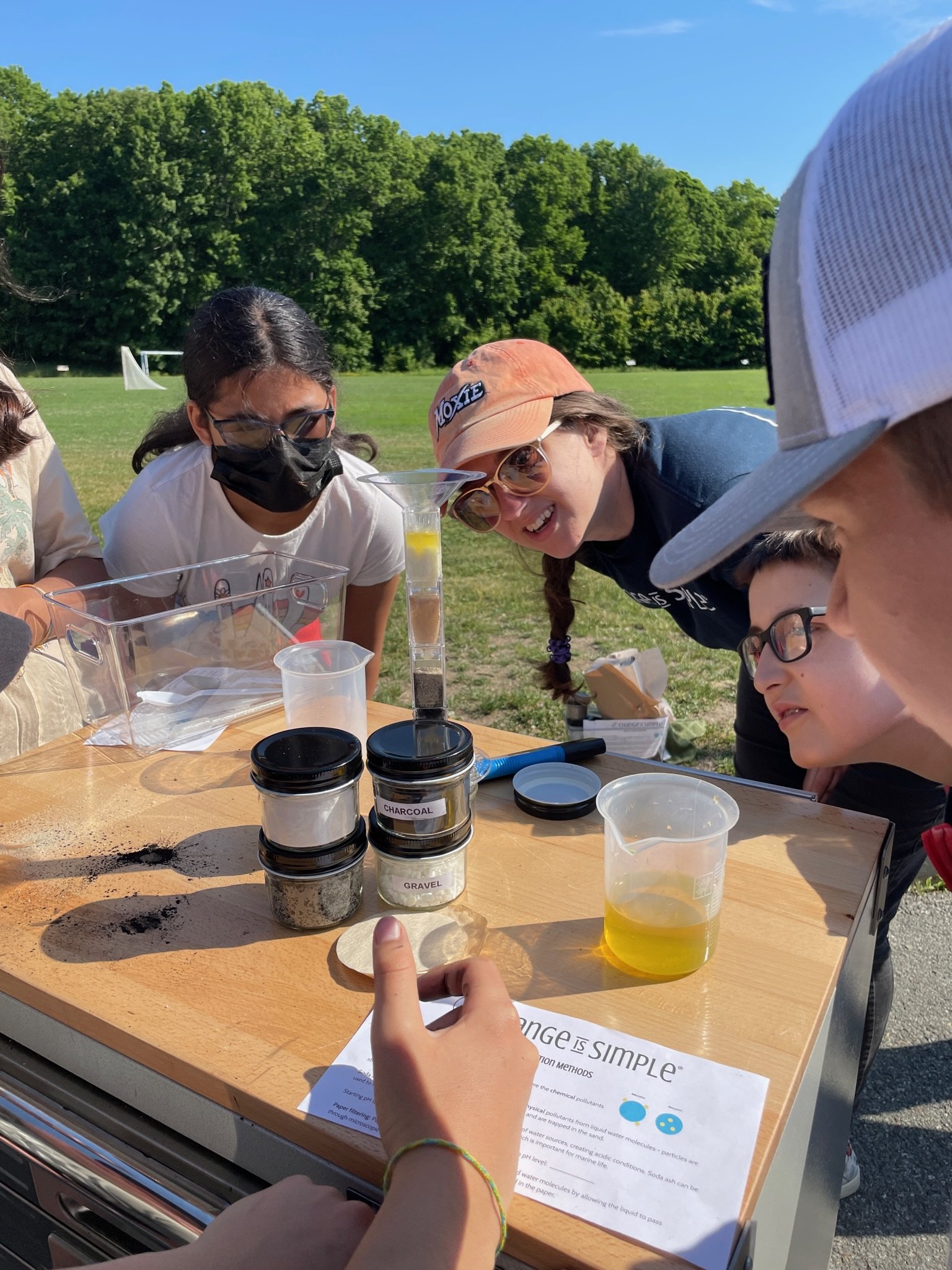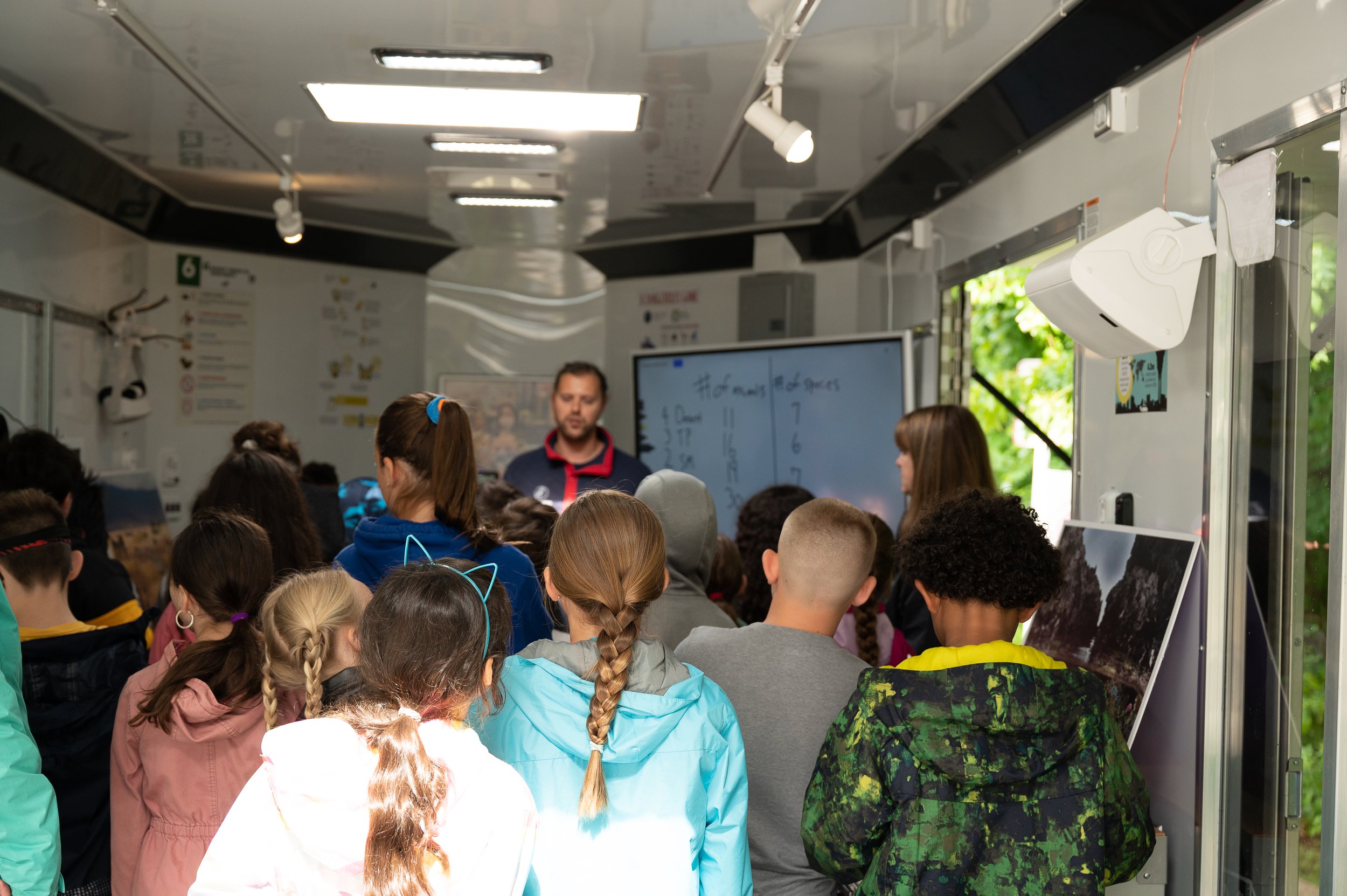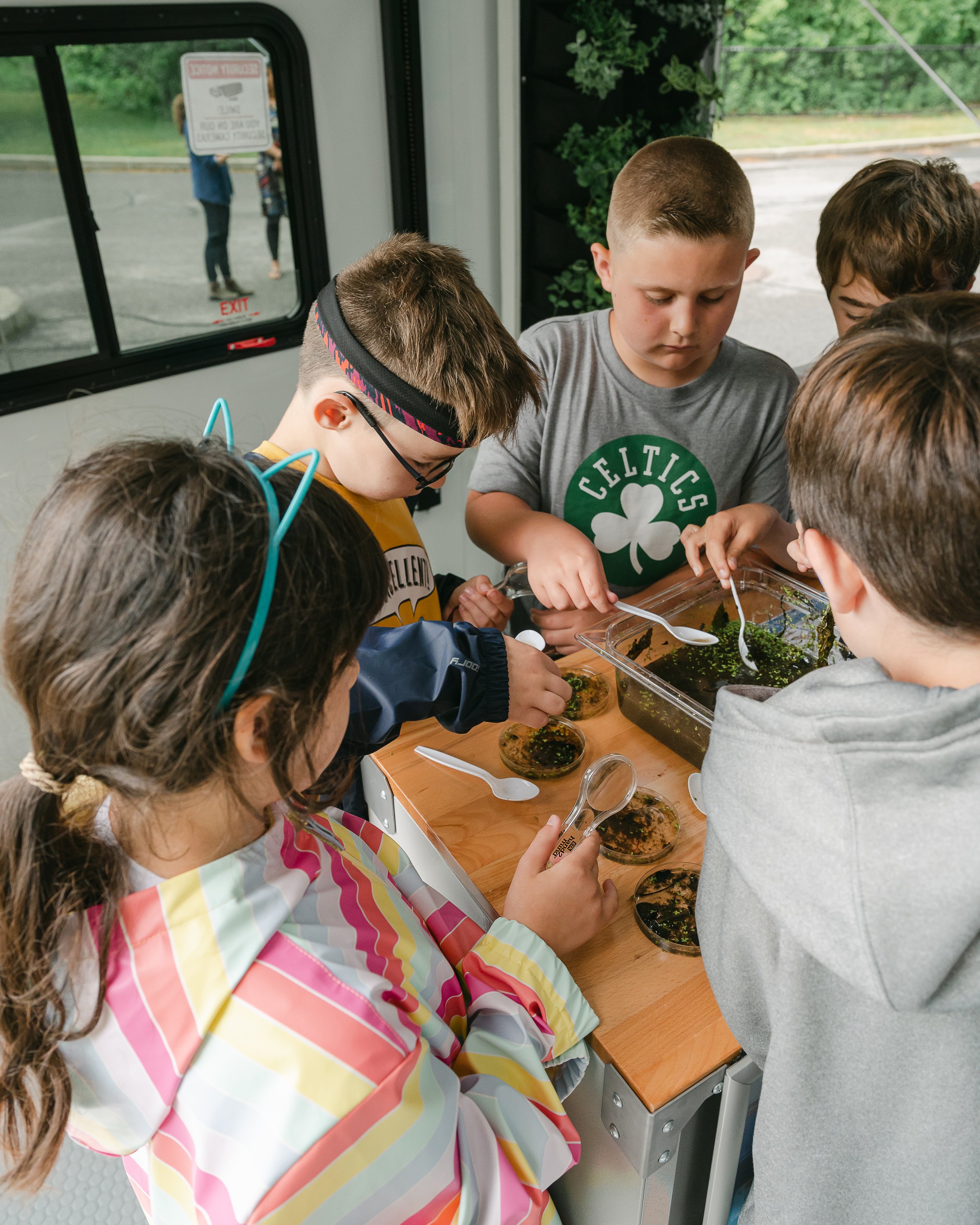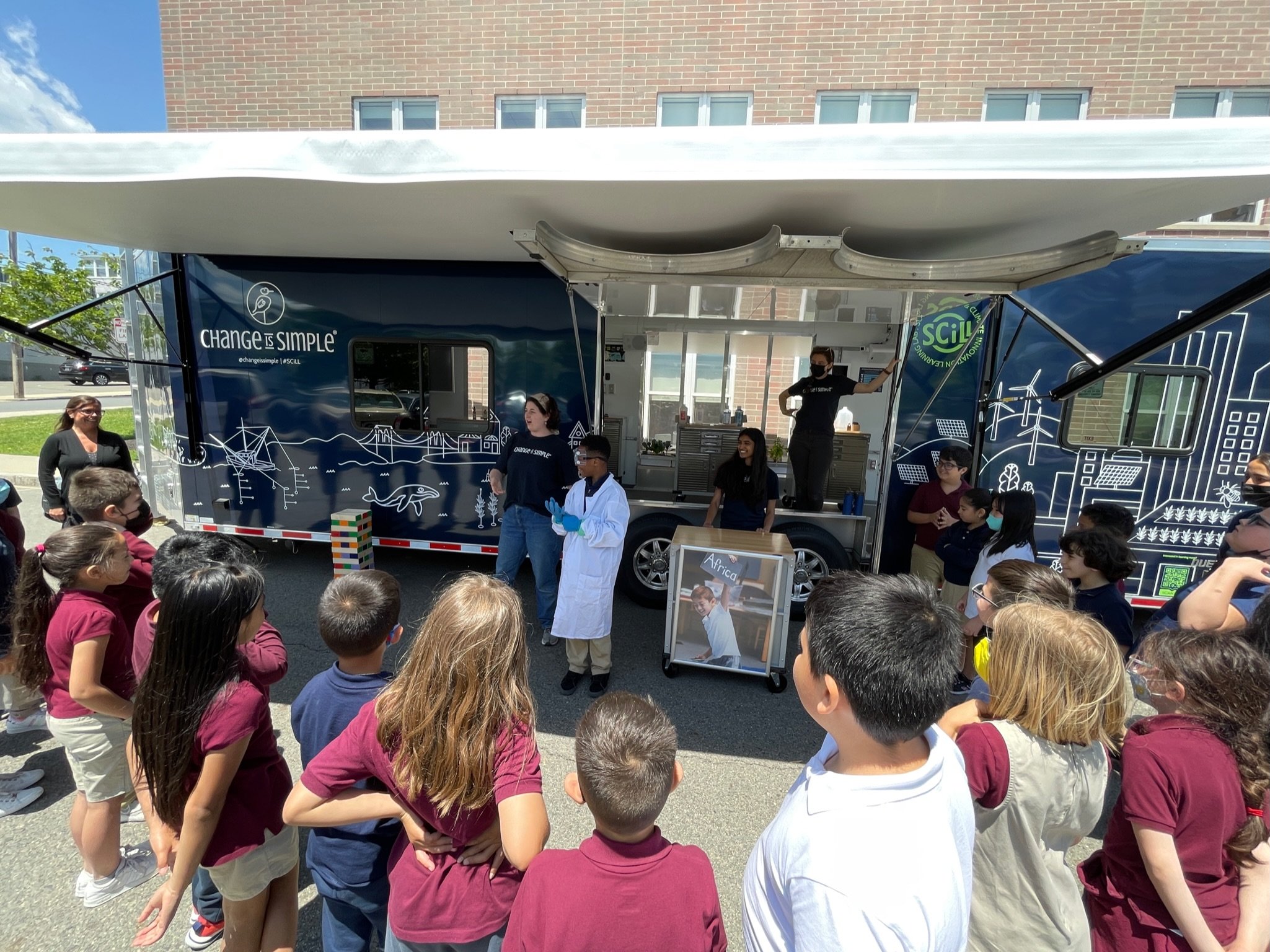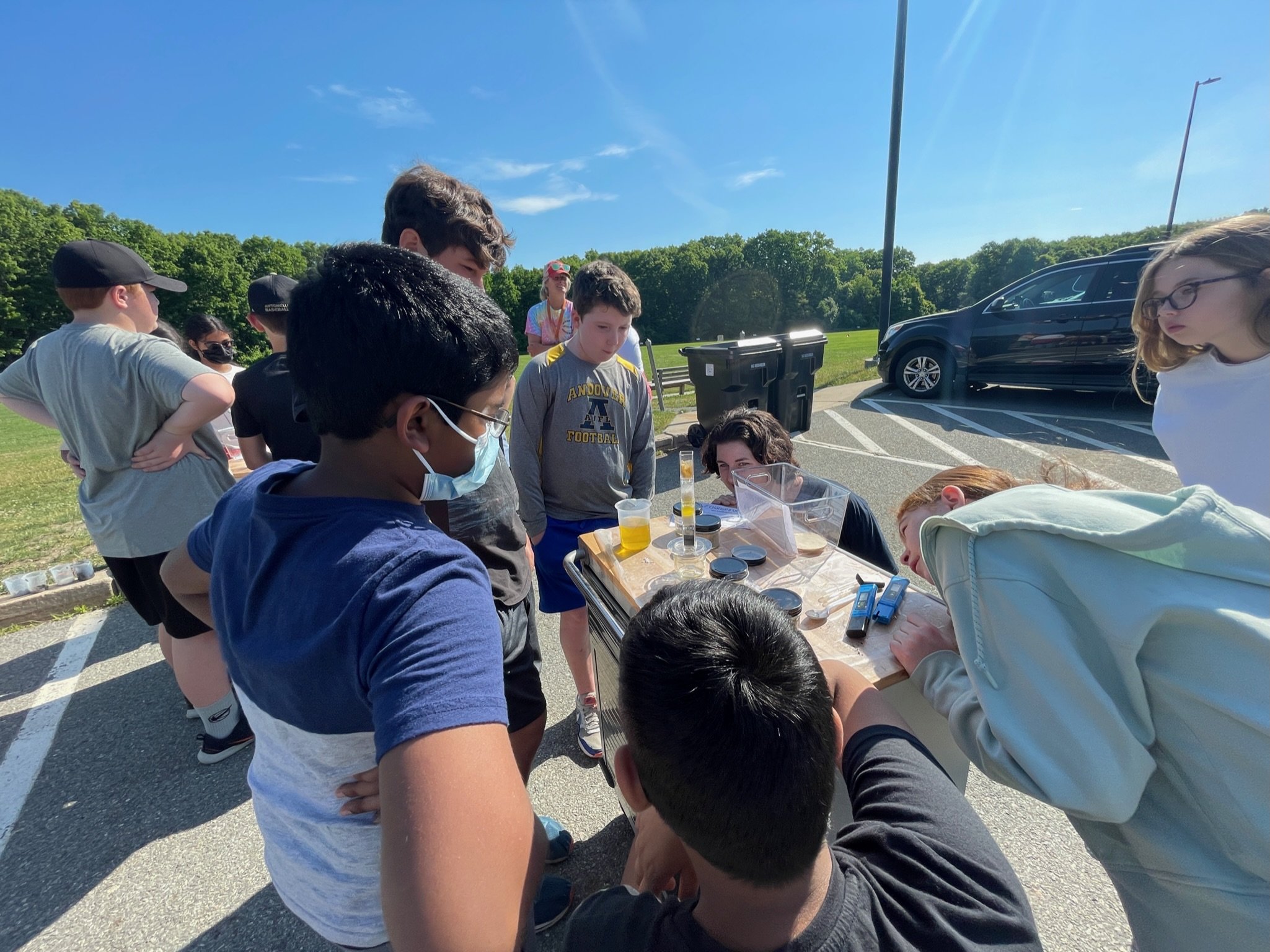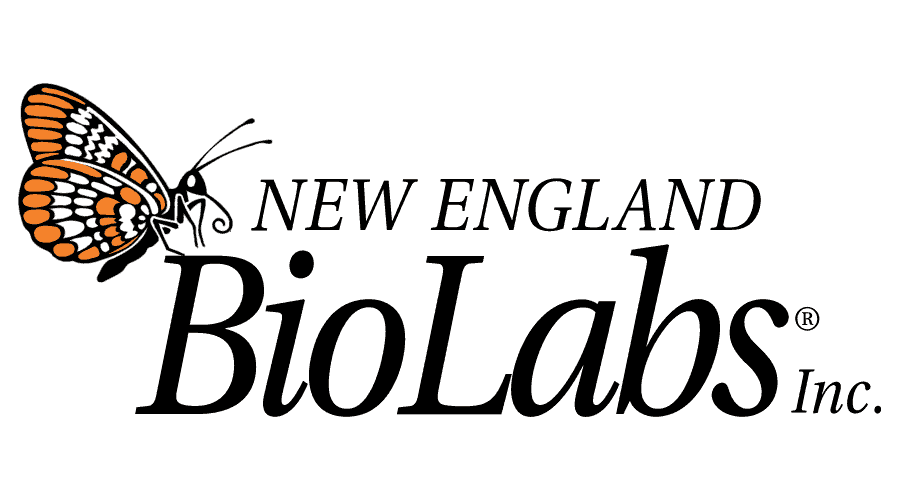Welcome to SCiLL
Sustainability & Climate Innovation Learning Lab
Since 2011, Change is Simple has impacted more than 40,000 students by delivering our curriculum in schools, camps, and other locations in the greater Boston region. It’s time we took our show on the road to reach more people, regardless of where they are. SCiLL is a mobile classroom and lab customized to deliver Change is Simple’s programming where and whenever! Funded by a Woodard & Curran Foundation grant New England Biolabs, and Cell Signaling Technology; SCiLL is backed by a supportive community of like-minded individuals, organizations, and companies with a shared passion in making a true difference. We couldn’t be more excited, and want you to be a part of it!
Lessons
Energy
In this multi-faceted lesson, students learn where energy comes from and how energy use and efficiency contribute to carbon emissions. First, students are asked to think about how much energy humans use in the home on a daily basis and ways where its use could be reduced. Then, students learn about the importance of energy efficiency by generating energy themselves to light a lightbulb! Finally, students take a journey through a home and complete an energy audit to learn how much energy many common household items use.
Fall 2023 intern Abby watches a student use our hand-powered electricity generator to demonstrate the energy requirements of an LED (efficient) versus incandescent (inefficient) lightbulb.
BioDiversity
What is biodiversity? Does it matter? Why? Students learn the answers to these questions in a memorable, fun, and hands-on lesson! Real specimens capture the attention of curious minds while biodiversity calculations, a ‘Wheel of Human Impact’, and ‘Biodiversity Jenga’ help drive home the takeaway points of the lesson. By the end, students realize the importance of species biodiversity for ecosystem resilience.
A young visitor to the lab looks over the specimen display with Lark while learning the importance of protecting biodiversity.
Carbon Footprint
In this escape-room themed activity, students problem-solve and complete challenges to “break out” of the lab! What are carbon sources and how does learning about them help mitigate the climate crisis? What are carbon sources and why is protecting them so important? Through engaging, interactive activities and games, students leave this lesson with a solid understanding of major contributors to climate change and ways anyone can help.
Tim and Co-Founder Patrick close the back door of the lab as students get ready to begin solving climate-change challenges to escape the lab.
wave tank model & Coastal mitigation
Our newest and most exciting addition to the lab, this wave tank model demonstrates the damaging, eroding effects of wave action on coastlines. A robot arm pushes a paddle to create consistent waves while interchangeable parts of coastline barriers, both natural (salt marsh) and manmade (rock jetty), allow students to see and think about these and other solutions to this issue. This problem hits close to home as we visit primarily Massachusetts coastal communities and is catalyzed by climate change-driven sea -level rise.
Young visitors in SCiLL watch modeled wave action in the wave tank cause spillover, or in a real-world scenario, potential flood risk.
Ice Cores & Atmospheric History
This infographic is a new permanent display highlighting how scientists can measure and prove climate change is real. The ice core model shows how ice layers look and form while the graphic explains how scientists use these cores to measure historic atmospheric gas concentrations. Thanks to ice core models, scientists and students alike can see spikes in greenhouse gas levels throughout history, the first occurring at the start of the Industrial Revolution.
Students learn about the ice core and how researchers use them to determine historical atmospheric greenhouse gas levels as far back as 1750.
green chemistry
Chemists wear lab coats and other PPE to make common household items, yet we use these very same cleaning and personal products every day. In this hands-on lesson, students make bug spray, sugar scrub, lip balm, and more — all of which are perfectly safe to make and use. Using crucial and applicable measuring and conversion skills, students walk away from this lesson with a better understanding of the importance of product ingredients, as well as their very own safe product to take home.
Students don lab protective equipment during this lesson to demonstrate the potential health risks of coming into contact with the chemicals that go into our everyday household and body products.
Protecting our waterways
What is a watershed? How does it relate to physical and chemical pollution? In this lesson, students watch a miniature demonstration on our watershed model to learn how the flow of water through a watershed system picks up different kinds of pollution. Next, students learn natural ways to filtrate and clean polluted water through a hands-on filtration activity, and learn how it affects water quality, pH, and aquatic life. By the lesson’s conclusion, students know how important it is to protect and conserve this limited natural resource.
Co-founder Lauren explains to a student the importance of keeping our waterways clean using our watershed model.
Wind & clean energy
Piggybacking off of our energy lesson, students learn where energy comes from and the differences between nonrenewable and renewable energy sources. This lesson requires teamwork, problem-solving skills, and math skills among the student teams to build their very own, fully functioning wind turbine! If built correctly, students’ turbines should be able to generate enough energy to power a small LED light bulb.
Students get the opportunity to construct a real, working miniature model of a wind turbine both in the classroom and in SCiLL.
Where’s SCiLL?
Check out our interactive map to see where SCiLL is and has been! If you ever see SCiLL in the wild, be sure to give us a honk or a friendly wave! And if you’d like SCiLL to come to you, please don’t hesitate to reach out about availability and opportunities.















